I’ve driven through Austria a few times, marvelling over breathtaking mountain passes and picturesque villages, but when it comes to literature, I now realized I haven’t actually ever read a book from there. How did that happen? Austria, with its rich cultural history, most certainly deserves a place on my bookshelf – and yours!
Choosing just ten books for this list was no easy feat, but I tried to include a blend of old and new, serious and quirky, covering various genres and themes. Austrian literature offers an intriguing mix of the heavily philosophical, the darkly humorous, and the beautifully introspective. Whether you’re into sprawling historical epics, psychological dramas, or offbeat crime stories, I hope there is something here you will like.
Here are my suggestions for 10 books to read from Austria.
A list of books to read from Austria
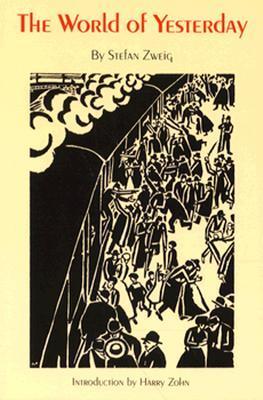
The World of Yesterday
Author: Stefan Zweig
First published: 1942
Original Title: Die Welt von Gestern
Genre: Historical Non-Fiction / Memoir
The World of Yesterday, mailed to his publisher a few days before Stefan Zweig took his life in 1942, has become a classic of the memoir genre. Originally titled “Three Lives,” the memoir describes Vienna of the late Austro-Hungarian Empire, the world between the two world wars and the Hitler years. Zweig’s personal perspective provides insight into Austria’s cultural scene, the rise of fascism, and the loss of the cosmopolitan Europe he cherished. A vital historical document reflecting the intellectual climate of the time.
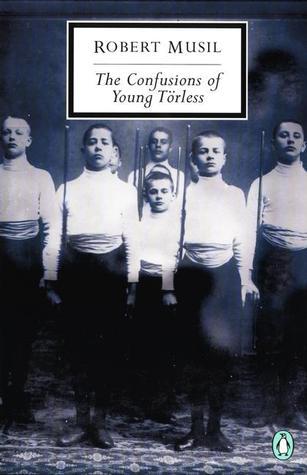
The Confusions of Young Törles
Author: Robert Musil
First published: 1906
Original Title: Die Verwirrungen des Zöglings Törleß
Genre: Bildungsroman / Psychological Fiction
Like his contemporary and rival Sigmund Freud, Robert Musil boldly explored the dark, irrational undercurrents of humanity. The Confusions of Young Törless, published in 1906 while he was a student, uncovers the bullying, snobbery, and vicious homoerotic violence at an elite boys academy. Unsparingly honest in its depiction of the author’s tangled feelings about his mother, other women, and male bonding, it also vividly illustrates the crisis of a whole society, where the breakdown of traditional values and the cult of pitiless masculine strength were soon to lead to the cataclysm of the First World War and the rise of fascism. More than a century later, Musil’s first novel still retains its shocking, prophetic power.
The Confusions of Young Törless is often seen as a precursor to Musil’s later work and remains significant for its exploration of adolescence and moral ambiguity. A film adaptation was released in 1966.
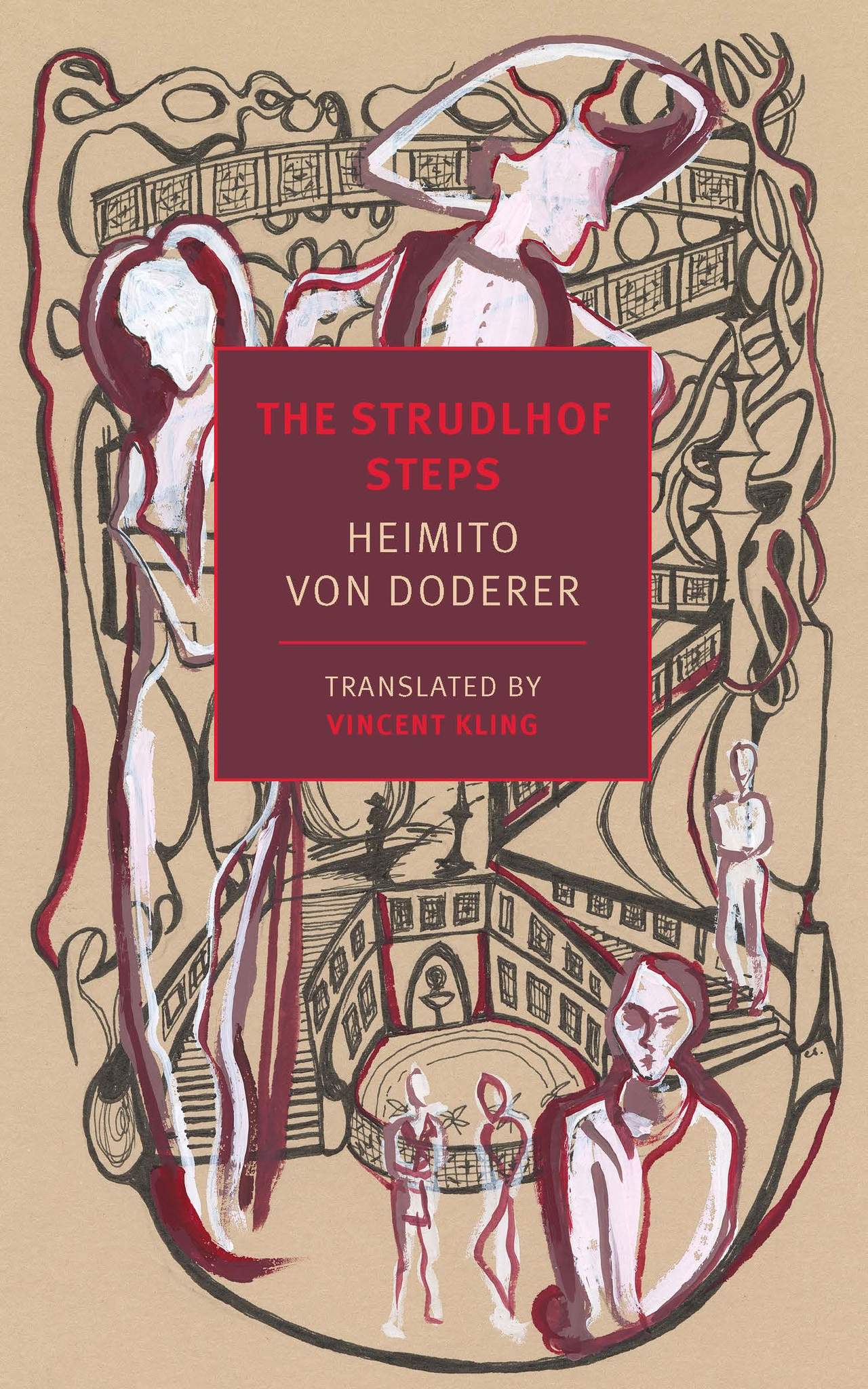
The Strudlhof Steps
Author: Heimito von Doderer
First published: 1951
Original Title: Die Strudlhofstiege
Genre: Historical fiction / Literary fiction
This novel focuses on the lives of Viennese citizens before and after World War I, using the Strudlhofstiege (Strudlhof Steps) in Vienna as a central location where stories intersect. Heimito von Doderer’s detailed descriptions provide a portrait of Viennese society during a time of change. The book is regarded as one of Austria’s key literary works of the 20th century and is highly respected in German-speaking literary circles.
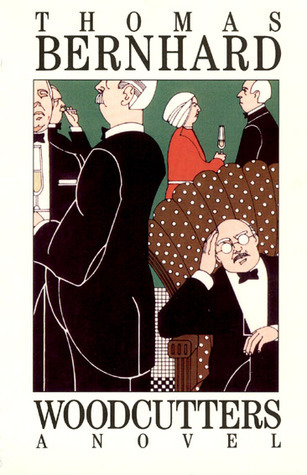
Woodcutters
Author: Thomas Bernhard
First published: 1984
Original title: Holzfällen. Eine Erregung
Genre: Literary Fiction
A sharp critique of Vienna’s cultural elite, narrated from the perspective of an invited guest who harshly judges the other attendees at a dinner party.
The book’s publication caused controversy in Austria, leading to a temporary ban following a lawsuit by one of the people allegedly depicted in the novel. Despite the uproar, it remains an important work in Austrian literature, known for Bernhard’s distinctive style of long sentences and caustic wit.
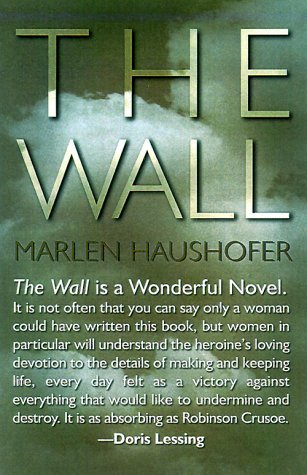
The Wall
Author: Marlen Haushofer
First published: 1963
Original title: Die Wand
Genre: Dystopian / Psychological Fiction
The Wall chronicles the life of the last surviving human on earth, an ordinary middle-aged woman who awakens one morning to find that everyone else has vanished. Assuming her isolation to be the result of a military experiment gone awry, she begins the terrifying work of survival and self-renewal. This novel is at once a simple and moving tale and a disturbing meditation on humanity.
Marlen Haushofer’s straightforward prose and philosophical depth have led the novel to become a modern classic. A film adaptation was released in 2012.
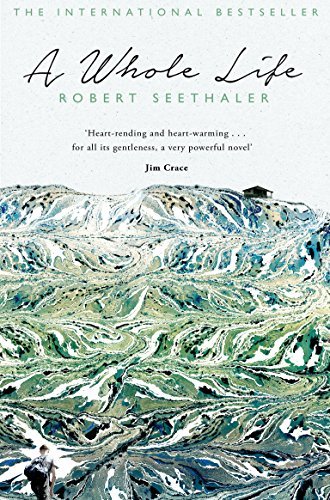
A whole life
Author: Robert Seethaler
First published: 2014
Original title: Ein Ganzes Leben
Genre: Historical fiction
Robert Seethaler’s short novel follows Andreas Egger, a man living in a remote Alpine valley through much of the 20th century. The book portrays his quiet, often harsh life with simplicity and empathy, emphasizing themes of resilience and the passage of time.
A Whole Life was shortlisted for the 2016 Man Booker International Prize and has been praised for its understated storytelling and evocative depiction of rural Austria.
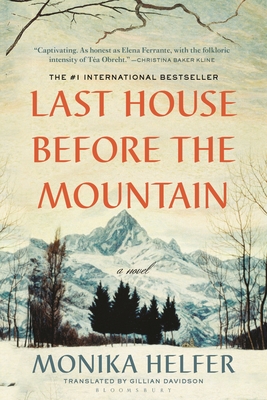
Last house before the mountain
Author: Monika Helfer
First published: 2018
Original title: Die Bagage
Genre: Historical Fiction
Maria and Josef live with their children in a valley in westernmost Austria. When the First World War breaks out and Josef is drafted into the army, Maria is left to provide for her family alone. Every day is a struggle against starvation, the harsh alpine climate and the hostile nearby villagers who see Maria as little more than a beautiful temptress out for the men left behind. But when a red-haired stranger arrives in the village, Maria feels happiness seep back into her life and she faces a choice whose consequences will affect the lives of her family for generations to come.
If you enjoy books by the likes of Elena Ferrante and Claire Keegan, maybe try this spellbinding, internationally bestselling, multigenerational family saga. The book is Inspired by the author’s own family history, and was widely acclaimed in German-speaking countries for its lyrical style and personal perspective on the challenges faced by women in early 20th-century Austria.
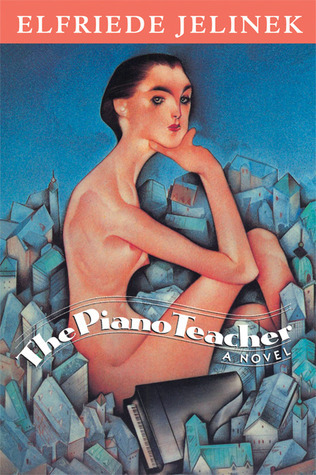
The piano teacher
Author: Elfriede Jelinek
First published: 1983
Original title: Die Klavierspielerin
Genre: Literary fiction / Psychological fiction
The Piano Teacher, the most famous novel by Elfriede Jelinek, who was awarded the 2004 Nobel Prize in Literature, is a shocking, searing, aching portrait of a woman bound between a repressive society and her darkest desires.
The novel is set in Vienna and examines the complex relationship between Erika, a piano teacher, and her controlling mother, alongside Erika’s troubled sexual desires.
Elfriede Jelinek is one of the most original and controversial writers in the world today. The Piano Teacher was made into a film in 2001, which was awarded the Grand Jury Prize at the Cannes film festival.
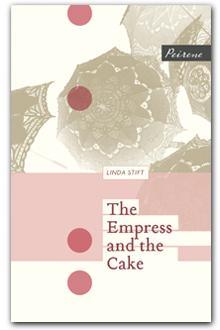
The empress and the cake
Author: Linda Stift
First published: 2007
Original title: Die Kaiserin und der Kuchen
Genre: Dark Comedy / Surrealism
Madness lurks behind the pretty facade of everyday life.
An elderly lady offers a young woman a piece of cake. She accepts. The lady resembles the Austrian Empress Elisabeth and lives with her servant in an apartment full of bizarre souvenirs. More invitations follow. A seemingly harmless visit to the museum turns into a meticulously planned raid to steal a royal cocaine syringe. Without realizing, the young woman has become the lady’s accomplice. Does she realize she is losing control?
Linda Stift’s novel spirals into a bizarre exploration of obsession, identity, and Austria’s fascination with its imperial past. The narrative blends dark humor with surreal elements, examining how personal and historical fixations can intertwine. The book has been noted for its playful yet unsettling tone, offering a contemporary look at Austria’s cultural identity.
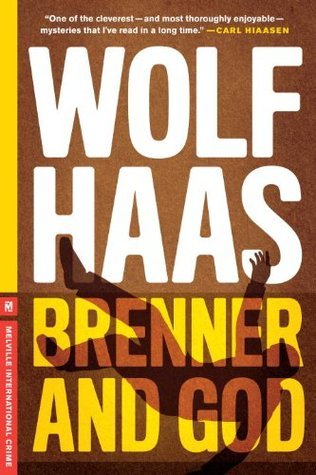
Brenner and God
Author: Wolf Haas
First published: 2009
Original Title: Der Brenner und der liebe Gott
Genre: Crime / Humor
Wanting out of high-stress detective work, Simon Brenner takes a calming job as a chauffeur, shuttling a two-year-old girl back and forth in a soothing ride along the Autobahn between her father, a construction tycoon in Munich, and her mother, an abortion doctor in Vienna. Except then one day he stops at a gas station to buy the little girl a chocolate bar and comes back to find she’s been kidnapped… and suddenly he’s out of a job, thoroughly stressed out, and a detective again. He makes his way through a powerful cast of characters and a growing pile of bodies to solve the crime in the only way he knows how: By being in precisely the right place at the worst possible time.
The bestselling Detective Brenner series encompasses nine books, three of which have been made into hugely popular German-language films.
Join me, and read a book from Austria
There you have it — ten books offering a journey through Austria’s literary landscape, from imperial Vienna to remote mountain villages, from dark satire to quirky crime. Whether you’re drawn to introspective memoirs or surreal comedies, I hope something on this list sparks your curiosity.
Are you familiar with any of these titles? Which one catches your eye? I’d love to hear your thoughts or suggestions for other Austrian reads. Let’s explore Austria together! Drop a comment below and make me happy 🙂




